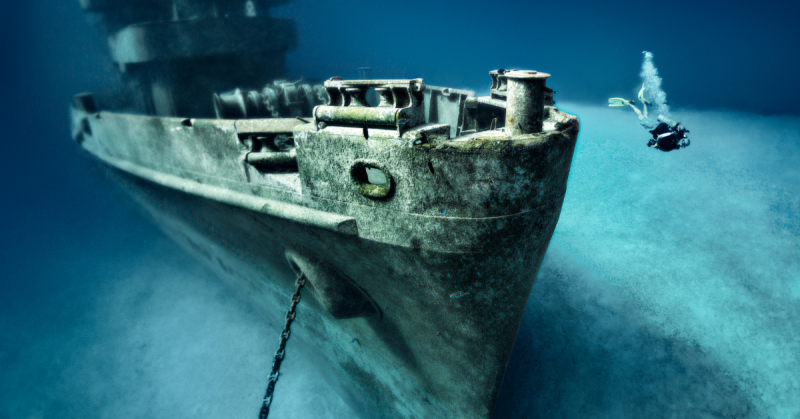The Franken was a German tanker that sank at the end of World War II. It was capable of carrying up to 11,000 tons of fuel and was used to fuel the German warships in the Baltic Sea.
The Russians sank the Franken on April 8, 1945, near the Hel Peninsula off Gdansk, Poland. Some of the tanks on the ship were still filled with fuel.
When the war ended, the ship became Polish property under international law, but it was not profitable to recover the ship at that time. It seemed fine to leave it there since it wasn’t in anyone’s way and wasn’t causing any harm.

However, that seems to have changed. Now, Benedykt Hac from the Maritime Institute in Gdansk says it is no longer a matter of whether the ship will cause problems, but rather when it will.
The most recent report about the tanker’s condition shows that there is still 828,444 gallons of liquid fuel on the Franken. Hac credits “good German engineering” with the fact that the tanks have not leaked yet.
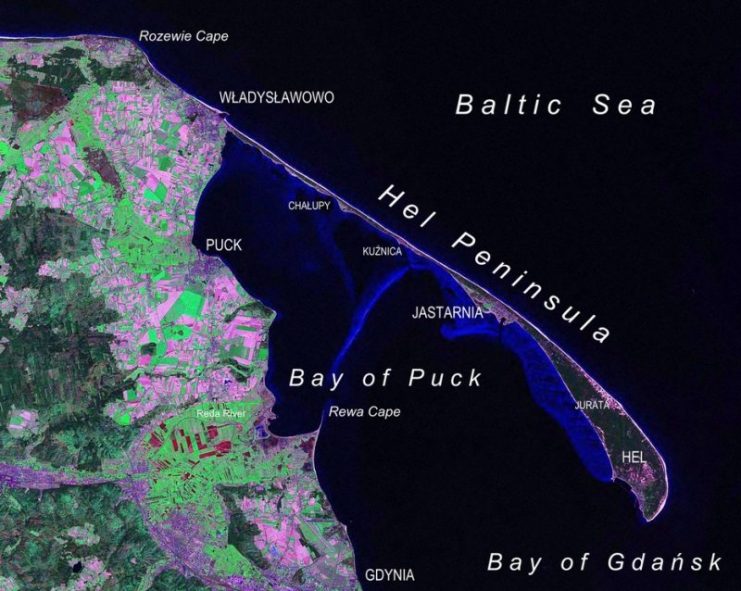
Still, great engineering only gets you so far. Salt water is eroding the steel of the tanks by 1 millimeter per decade. In the seventy years since the war, more than half the thickness of the 12-millimeter walls has eroded away. If they erode much further, the weight of the ship will cause the walls to collapse. That will lead to an uncontrolled fuel leak in the Baltic Sea.
Hac warns that, if this happens, the consequences for the environment will be dire. He has been researching solutions to this problem for years. Estimates place the cost of salvaging the fuel at between €8 million and €20 million – including insurance and the cost of removing ordnance.
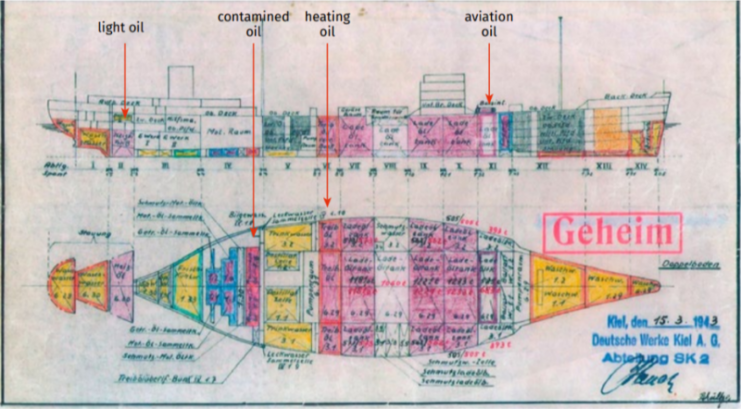
The MARE Foundation in Poland began an informational campaign which gathered 45,000 signatures on a petition asking the Polish government to clean the tanks. The Baltic Sea Conservation Foundation (Baltcf) from Germany was the sponsor for a pilot project to increase the public’s awareness of this environmental threat.
But funds raised for the effort only covered examining the exterior of the wreck, developing methods and guidelines for recovering the hazardous materials, and establishing procedures and strategies for the authorities.
Peter Torkler, Managing Director at Baltcf, says that time is of the essence. When factoring in the economic growth in Gdansk Bay and the tourism in the area, the project should be considered “extremely important.”
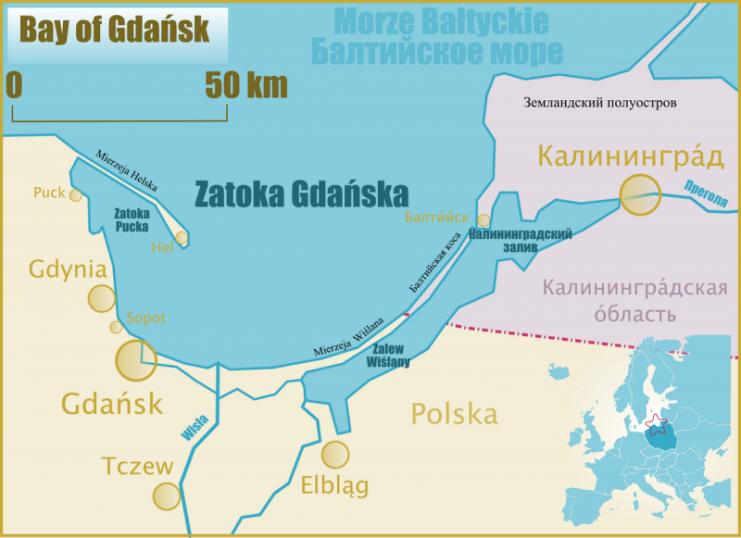
Baltcf decided in February of this year to get involved with the project. On April 23, 2018, two Polish research ships joined the effort. Divers spent around 60 hours underwater, 13 of which were spent at the wreck itself.
Olga Sarna, president of the board of the MARE Foundation, said that they are not trying to judge anyone. They are just trying to motivate people to protect the environment in Gdansk Bay.
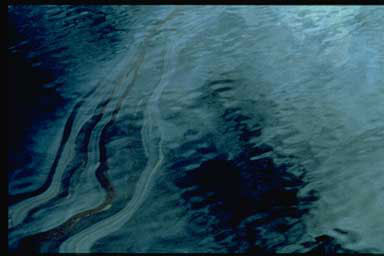
Torkler adds that it is important to “break the silence.” He points to the Gdansk Maritime Institute’s unsuccessful efforts to get the government to take an interest in the problem.
In July, the Polish shipping minister, Marek Grobarczyk, set up a team to resolve the issues surrounding the Franken. There is hope that the ministry’s assistance will be enough to finally obtain EU money to salvage the ship.
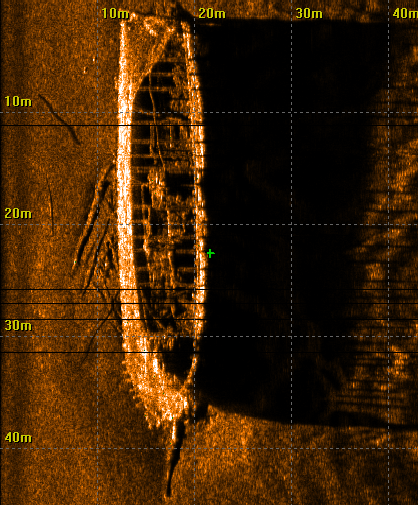
Read another story from us: The USS Arizona – 5 Facts You May Not Know and 30 Photos
Germany is laying low at this point, and Torkler says that he is not surprised. There are thousands of shipwrecks around the world, and no one wants to set a precedent that obligates particular countries to clean them up.
To their credit, the Germans have placed the issue on the agenda for their Federal Foreign Office International Club (ICAA) event in May. Torkler is confident that Poland and Germany working together can resolve this problem before it becomes a disaster.
